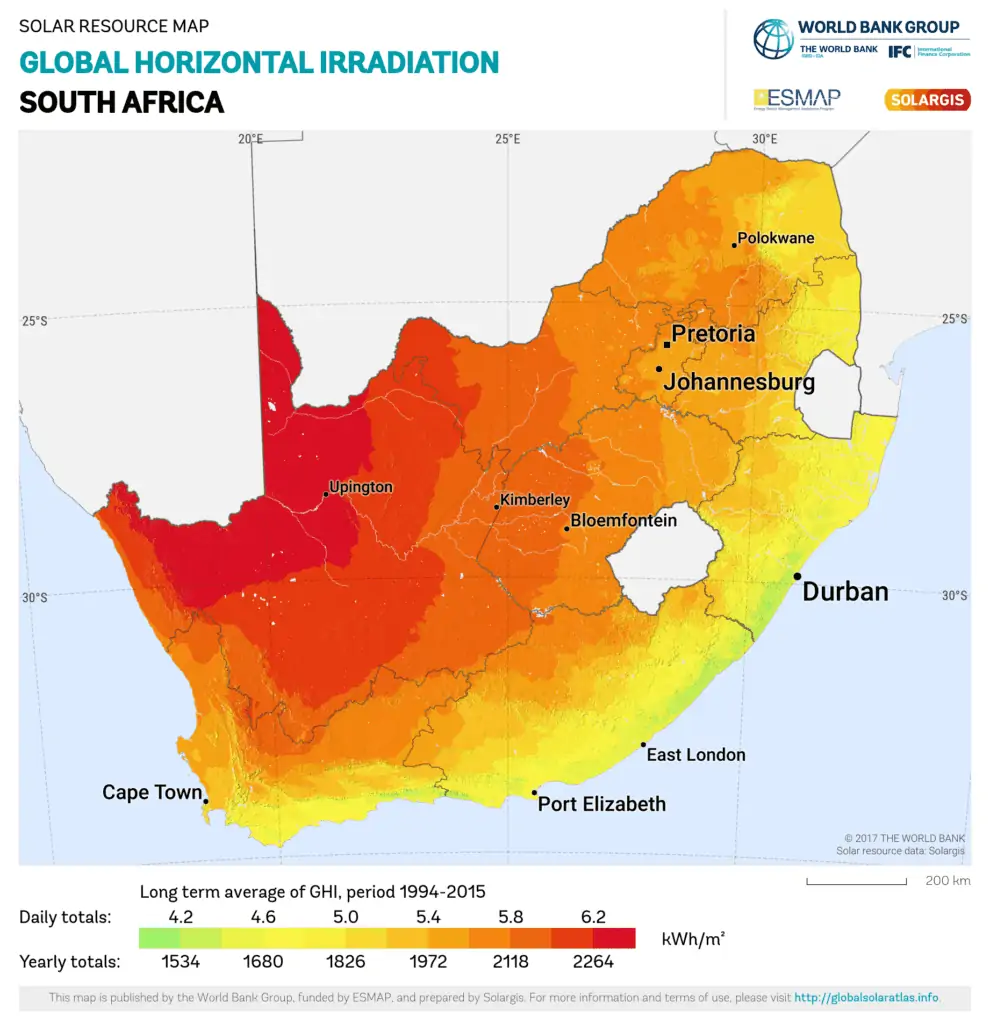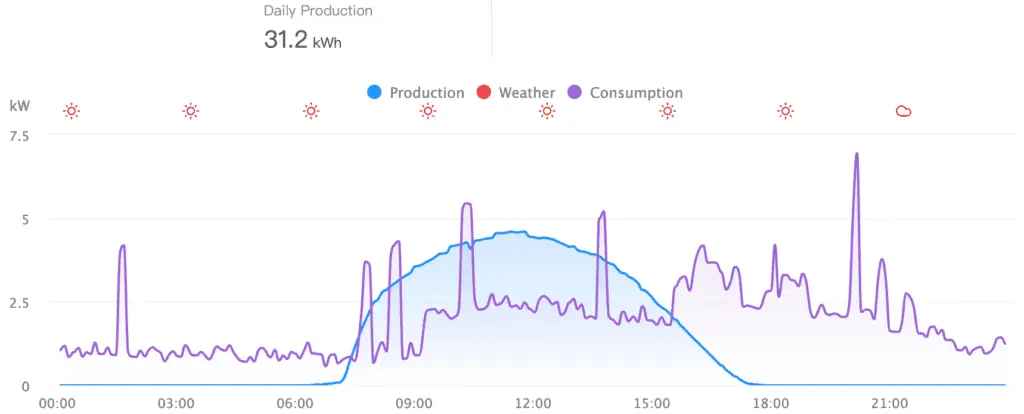Understanding The “Sun Hours” Calculation for solar production
The obvious question on everyones lips when they start to investigate whether or not they should invest in a PV Solar solution is, “How much will my system produce?”
As with most things in life, the actual calculation and answer can get quite complicated, but we are in the business of simplifying things, so we hope the below explanation breaks it down in a way that your granny can understand.
First things first. If you are new to solar, the basic premise of a solar system is that it uses the sun to create electricity. (You can learn more about how a solar system works here.) Therefore, the basis of our calculation relates the amount of time the solar panels are exposed to the sun. i.e. “Sun Hours”
What are Peak Sun Hours?
As the name suggests, “Sun Hours” is essentially the number of hours the sun shines in a given day. However, as you are well aware, the weather is constantly changing and the sun does not shine for 12 uninterrupted hours 365 days of the year. So we need to take things such as cloud cover, rainy days, length of days in different seasons, etc into account. This is where the “Peak Sun Hours” term comes into play.
Climatebiz describes the term as follows: A peak sun hour equates to 1 hour in which the sun’s solar irradiance (sunlight) produces an average of 1000W (energy) per square meter. In other words: 1 peak sun hour = 1000 W/m² of sunlight per hour.
How many Peak Sun Hours does South Africa receive?
Sunny South Africa gets its name for a reason, South Africa is one of the best countries in the world for solar. With its long summer days and clear winter months in many parts of the country. SA receives between 4.2 – 6.2 Peak Sun Hours per day on average depending where you are in the country. The below map gives a great visual of the Peak Sun Hours across the country.
Calculating Solar Production using Peak Sun Hours
Right, now that we have a basic understanding of Peak Sun Hours, we can use them to calculate how much a solar system will produce. Or, in reverse, we can understand how many panels we would require for a solar project. Below is the formula to work out how much your solar system will produce.
Solar Production (kWh) = (Number of Panels) x (Panel wattage) x (Peak Sun Hours)

Example 1: Calculate how much a solar system can produce
The Versofy CHARGE system comes with 10 x 535w panels.
Installed in the Northern Suburbs in Johannesburg, we can use 5 Sun Peak Hours for the calculation:
10 panels x 535w = 5350 watts, or 5.35 kW (1kW = 1000 Watts)
5.35 kW x 5 hours = 26.75 kWh / day
Side note: Given the fact that Sun Peak Hours are based on an Average, some days you will produce more than 26kWh’s, and some days you will produce less. The below picture is a great illustration of this, this is a Versofy CHARGE system, based in Parkmore JHB, taken on 1 September 2021. On this specific day, the solar produced an extra 5kWhs.

Example 2: Deciding how many panels you require
Let’s say that you would like your system to produce 20kWh’s per day. Your installer has suggested you use 400w panels for your system in Bryanston, Johannesburg (5 Sun Peak Hours). The calculation would be as follows:
Solar Production (kWh) = (Number of Panels) x (Panel wattage) x (Peak Sun Hours)
therefore:
Number of Panels = Solar Production (kWh) ÷ (Panel wattage X Peak Sun Hours)
Solar Production = 20kWh
Panel wattage = 400w = 0.4kW (400 ÷ 1000)
Sun Hours = 5
Number of Panels = 20kWh ÷ (400w x 5) = 20kWh ÷ 2kWh = 10 Panels
Ready to get started with solar?
We hope the above has given you a better understanding on how to calculate how much energy solar produces. If you are looking to get started with solar our team at Versofy Solar is ready and waiting to assist.



